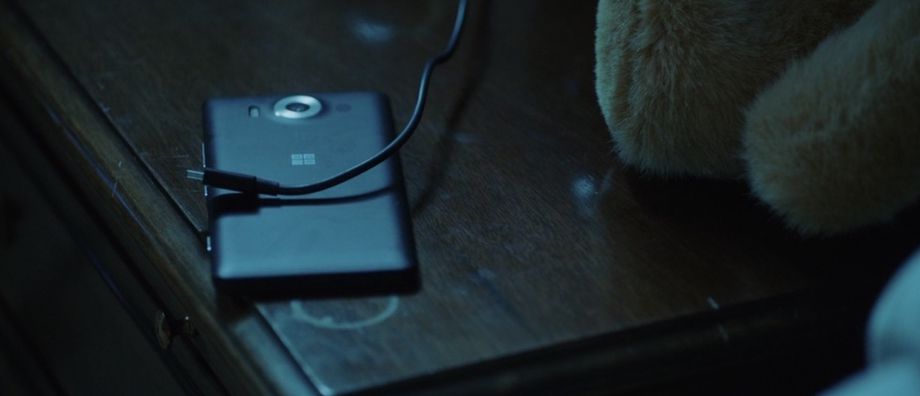Battery death is the new horror film staple

I’ve been enjoying The Verge’s series of posts about batteries, not least because it’s not just about so-called “hard” tech, but also how changing technologies change our culture, our social interactions, our range of possibilities. A good example is Tasha Robinson’s essay on how the dead or dying mobile phone battery has become a staple of contemporary horror films — not so much a cliché (although it sometimes veers into that) but a new condition of the genre.
[In the past,] it was possible for a horror movie to isolate its victims by taking them slightly outside the warm glow of civilization. Classics like 1960’s Psycho, 1974’s The Texas Chain Saw Massacre, or 1980’s The Shining dropped the protagonists at remote houses. With no access to landlines, the characters in those movies were so removed from help or contact with the outside world, they might as well have been stranded on the Moon. Even as of 1999’s The Blair Witch Project, it was plausible that a group of tech-savvy young people would venture into the woods without cellphones or a GPS tracker, and have no way to alert anyone else when their situation took a bad turn. But with upward of 75 percent of Americans owning smartphones, and upward of 95 percent owning cellphones of some kind, modern horror films have to work harder to keep their characters from summoning the police the second a maniac starts waving a chainsaw in their direction.
These days, a dead phone doesn’t just cut users off from emergency services; it also cuts them off from the conversation, the daily flow of online life that so many of us use as our primary form of contact with the outside world. In that sense, the need to kill a victim’s battery before killing the actual victim is becoming less of a predictable cliché, and more of a way of building the stakes and establishing sympathies. Horror movie audiences may find it hard to believe in Cloverfield’s group of friends fleeing a Godzilla-sized monster through the streets of New York, but they can certainly believe in a guy coming away from a party with a drained phone battery and obsessing over the need to make one last phone call before the night’s over.
Robinson talks about how this trope taps into real-world anxieties about being unable to communicate or connect with other people, whiling away necessary power with frivolous uses, and technology letting us down in key moments, but she also gestures towards something else; a peculiar sort of wish-fulfillment. She imagines a high-tech horror film in which unplugging becomes a form of escape. But we’re already longing for a retreat from our devices, notifications, internet drama, and everything that comes with it. Isn’t part of the uncanny quality of the battery death trope that it’s giving us what we want, just in a distorted form?





Stay Connected